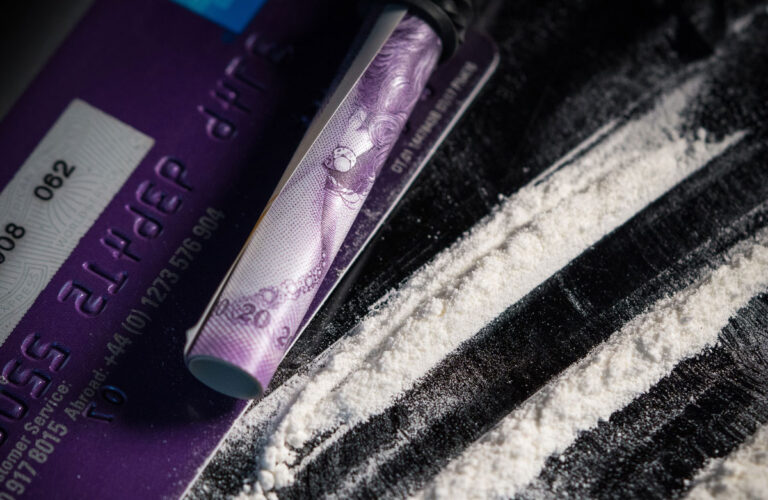Boris Johnson wants to crack down on cocaine users. Shall we start with Westminster then?

It’s hard to find people in London who have never used cocaine, be it for recreational use only or something slightly more recurring. In 2019, a study conducted by King’s College found that Londoners snort 23 kilograms of pure cocaine a day—more than any other European city. And surprise, surprise, it’s now been confirmed (because who ever thought of the contrary before?) that drug use is rife within Westminster.
On Sunday 5 December, The Sunday Times published a report which stated that all but one of 12 lavatory areas in Parliament that were tested showed traces of cocaine. As a response to these controversial findings, House of Commons Speaker Sir Lindsay Hoyle promised the BBC today, Monday 6 December, that those who “flout the law” would face punishment.
More coverage of the news revealed that the House of Commons Commission (responsible for the running of the Palace of Westminster) is now considering the use of sniffer dogs to detect users. Sir Hoyle further told the BBC, “The accounts of drug misuse in Parliament given to The Sunday Times are deeply concerning, and I will be raising them as a priority with the Metropolitan Police next week. I expect to see full and effective enforcement of the law.”
He continued, “While Parliament provides extensive support services for any staff or Members who may need help with drug misuse—and I would encourage anyone struggling with such issues to take up such help—for those who choose to flout the law and bring the institution into disrepute, the sanctions are serious.” Separately, the Conservative MP Charles Walker, who chairs the administration committee, said that the issue would be discussed by the House of Commons Commission this week.
This news comes as the UK government aims to unveil Boris Johnson’s ten-year drugs strategy today, which would include a crackdown on so-called “lifestyle” users of class A drugs, allowing police officers to go through drug dealers’ phones and contact their clients with warnings about drug use in a bid to spook them into changing their behaviour.
Such attempts would include the right to withdraw drug users’ passports and driving licenses, specifically targeting wealthy professionals who the government will argue are driving exploitative practices with their demand.
According to The Guardian, the government’s strategy will also focus on targeting “gangs behind the so-called county lines phenomenon, which often sees young, vulnerable people turned into cross-country mules.” Below is a full list of what we know so far about the measures that will be included in the new drug strategy:
– Contacting clients based on drug dealers’ seized phones with a range of messages to discourage their drug use and direct them to getting support.
– A commitment to dismantling more than 2,000 county lines and making thousands of more arrests.
– Investing up to £145 million in the county lines programme, targeting the road and rail networks and protecting those exploited and supporting them to rebuild their lives.
– Expanding drug testing on arrest—supporting police forces to test more individuals.
– Developing out-of-court disposal projects to ensure those who misuse drugs face tougher consequences.
– The largest-ever single increase in investment in treatment and recovery, which is scheduled to be made available to 50 local authorities.
Drug reform campaigners have already criticised the UK government for going “backwards” by embracing a criminal sanction-led approach while other countries and federal states are adopting more progressive strategies, such as the legalisation of cannabis in Canada. Needless to say, further debate is bound to unravel as more of the public hear about Westminster’s secret relationship with cocaine.
The maximum penalty for possession of class A drugs, including cocaine, is up to seven years in prison or an unlimited fine, or both. Suppliers face up to life imprisonment, an unlimited fine, or both.
Speaking to The Guardian, Niamh Eastwood, executive director of think tank Release, said, “While New York announces the opening of drug consumption rooms, Germany moves to legalise cannabis, as many US states and Canada have already done, and over 30 countries have ended criminal sanctions for possession of drugs—Britain is going backwards, embracing a Nixon-style ‘war on drugs’ approach.”
Only yesterday, Boris Johnson told The Sunday Times, “What I want to see is a world in which we have penalties for lifestyle drug users that will seriously interfere with their enjoyment of their own lifestyles.” Sounds like a plan, BoJo. Shall we start with the House of Commons then?





